Positive change
Following the merger, Phu Tho province has over 1 million ethnic minority people, accounting for approximately 25.2% of the province's total population. Based on the draft new criteria, the province is expected to have 91 communes and wards in ethnic minority and mountainous areas, including 43 communes in Zone III, 7 communes in Zone II, and 41 communes in Zone I. In the years 2021-2025, alongside the implementation of national target programs, vocational training and job creation for highland workers are identified by the province as key tasks in socio-economic development.
According to a report by the Department of Ethnic Minorities and Religions, during the period 2021-2025, the entire province provided vocational training support to over 22,000 ethnic minority individuals. Of these, 12,712 participated in 173 on-site vocational training models, 9,462 received short-term vocational training, 75 were awarded national vocational certificates, and 8 received foreign language and skills training for temporary overseas employment. In addition, over 1,900 workers received job counseling and placement services, nearly 13,000 received career guidance, entrepreneurship, and vocational training, and 3,000 commune and district-level officials were trained in implementing vocational training programs in ethnic minority areas.
Notably, vocational training models linked to sustainable livelihood development are implemented flexibly according to local conditions, such as: crop cultivation, animal husbandry, carpentry, garment making, agricultural product processing, agricultural machinery repair, etc. Many highland localities have formed small production groups and agricultural cooperatives directly operated by trained workers, bringing stable incomes of 6-8 million VND/person/month.
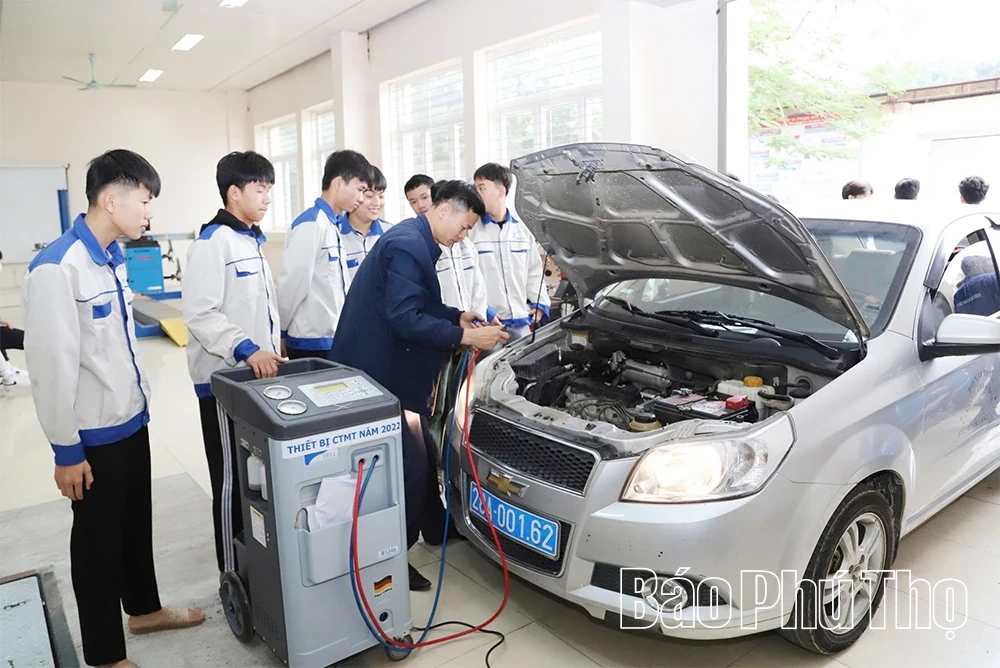
Song Da Vocational College trains and certifies automobile driving skills for a large number of ethnic minority youth in the province.
Comrade Nguyen Van Thang - Director of the Department of Ethnic Minorities and Religions, said: "Vocational training for highland workers is closely linked to the labor needs of businesses and local production models. In the coming time, the province will strengthen vocational training associated with community tourism , supporting industries and agricultural and forestry product processing so that learners can find jobs immediately after the course."
Alongside vocational training, the province has also provided job counseling to over 12,000 ethnic minority people, organized mobile job fairs in highland communes, supported startups, and connected hundreds of small-scale production models with investment. These results have significantly contributed to raising the percentage of trained ethnic minority workers to approximately 60%, with 40% holding vocational certificates – a figure considered a clear improvement compared to previous periods.
Problems arise
Despite achieving many positive results, vocational training for workers in mountainous areas still faces numerous challenges. First and foremost are the limited infrastructure and equipment for vocational training. Of the 15 vocational education institutions that have received investment, many centers lack modern equipment, and practical training rooms do not meet the requirements for training geared towards commodity production.
Another difficulty is the inadequate investment resources. Funding for vocational training and job placement largely has to be integrated from national target programs. Mobilizing social resources, especially from businesses and cooperatives, to participate in training and employing workers in mountainous areas remains limited.
Mr. Bui Van Cuong, Vice Chairman of the People's Committee of Thuong Coc commune, shared: "Highland people are accustomed to traditional farming methods, so initially they were not enthusiastic about learning new skills. Local authorities had to persistently promote and persuade each household. Only when they saw that after completing the training they would have jobs and stable income did the people truly trust and proactively register for the courses."
Furthermore, the self-sufficient production practices and the mentality of relying on the State among some people remain major obstacles. The lack of employment after training, and the lack of linkages between training institutions and businesses, mean that many skilled workers still lack stable jobs. In addition, the complex terrain, difficult transportation, and scattered population also affect the organization of training courses, resulting in high operating costs and extended training periods.
Furthermore, the vocational teaching staff at the grassroots level is insufficient and weak, especially in remote and rural areas; labor demand forecasting and vocational training planning are not closely aligned with local realities. The report from the Department of Ethnic Minorities and Religions clearly states: “The percentage of ethnic minority workers with stable incomes from vocational training remains low, reaching only about 50% of those who have received training. The occupational structure has not truly shifted towards industry and services; many areas still heavily rely on traditional agriculture.”
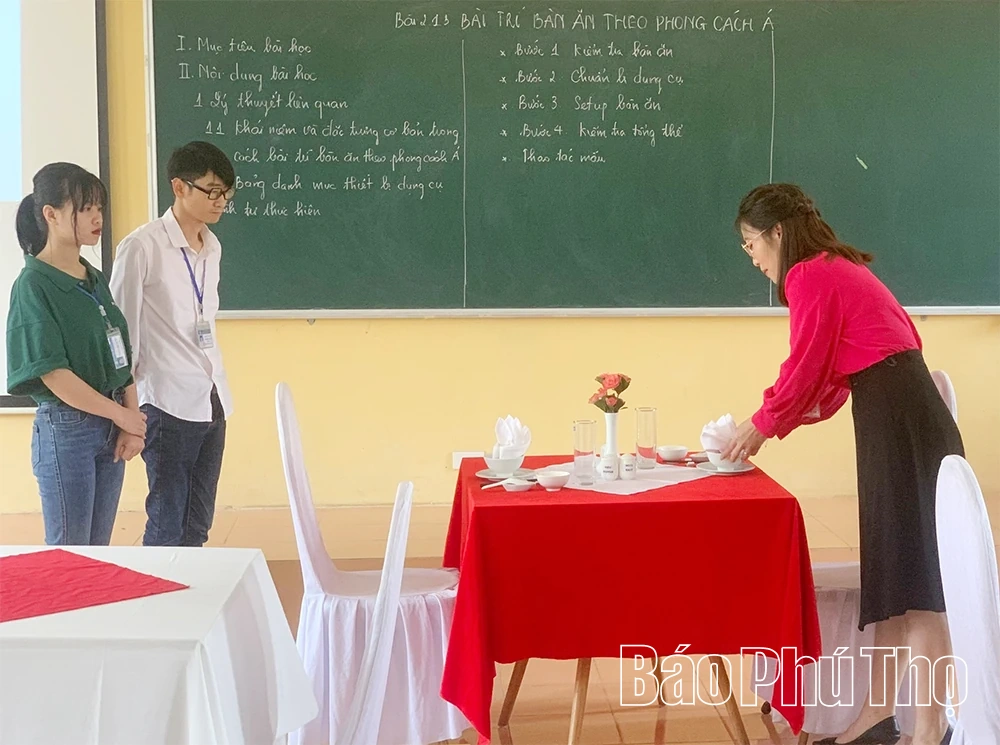
Students majoring in Tourism Guidance at Hoa Binh College of Technology (Dan Chu Ward) are trained according to the "learning by doing - practicing - working in the field" approach.
For "vocation" to truly be a path out of poverty.
Faced with these difficulties, Phu Tho province has been implementing many solutions to improve the quality of vocational training in mountainous areas. Vocational education institutions are prioritized for investment in modern facilities and teaching equipment; training is encouraged using the "hands-on" and "learning by doing" models, linked to the production and consumption chain of local products.
In particular, the province focuses on vocational training linked to the development of tourism, small-scale industries, and community services, creating local jobs for ethnic minority communities. Many models of "community tourism" and "traditional crafts linked to sustainable livelihoods" have been replicated, helping workers both preserve their ethnic culture and increase their income.
In addition, the dissemination of information and raising awareness about vocational training and career development has been intensified through socio-political organizations, especially the Women's Union, the Youth Union, and the Farmers' Association. Local authorities conduct surveys of the actual vocational training needs of the people to select occupations suitable to the production conditions and cultural characteristics of each ethnic group.
Mr. Bui Van Toan, a Muong ethnic minority resident of Van Son commune, shared: “After participating in the community tourism vocational training course organized by the province, my family and I renovated our old stilt house to welcome guests. We welcome several groups of tourists from within and outside the province each month, providing a stable income and improving our lives. Thanks to this training, I understand that the culture of my homeland can also become a source of livelihood if we know how to utilize it.”
During the period 2026-2030, Phu Tho aims to have over 40% of ethnic minority workers trained in relevant trades and employed in stable jobs, with 50% being female workers; to attract over 3% of highland workers annually to shift to industrial, service, and tourism sectors; and to ensure that 100% of ethnic minority officials and civil servants have professional qualifications at the intermediate level or higher.
In reality, areas where local authorities do a good job of career guidance, linking training with actual needs and the labor market, show significantly better results. Many young people from ethnic groups such as the Muong, Dao, and Tay, after completing vocational training, have become "startup leaders" in their localities, opening factories, developing community tourism, and providing agricultural services.
Vocational training is not just about teaching skills; it's also about opening doors for people in mountainous areas to confidently step out of their villages, integrate into the market economy, and gradually improve their quality of life. The province's focused attention and investment, along with the determination of ethnic minority communities, are creating positive changes in these mountain villages.
In the vision for 2030, with a focus on sustainable development and the goal of "leaving no one behind," vocational training for highland workers will continue to be the "golden key" to help Phu Tho effectively exploit its human potential, turn difficulties into opportunities, and build increasingly prosperous and developed ethnic minority mountainous regions.
Hong Duyen
Source: https://baophutho.vn/quan-tam-dao-tao-nghe-cho-lao-dong-vung-cao-241678.htm








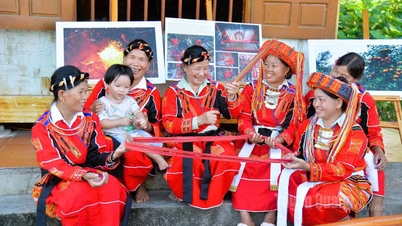

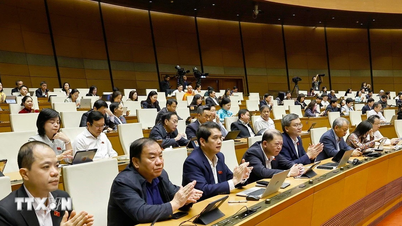

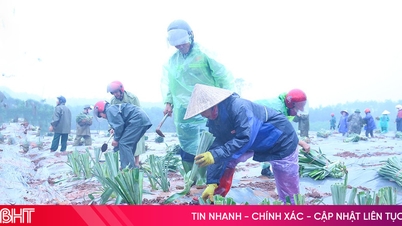

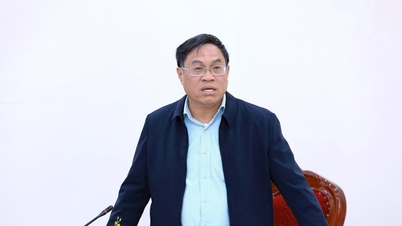

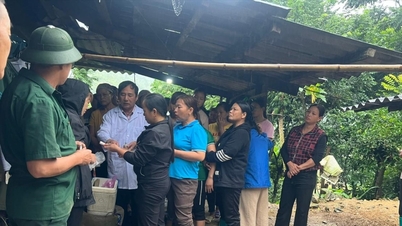

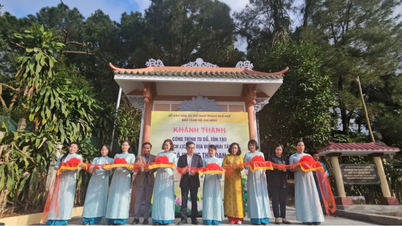

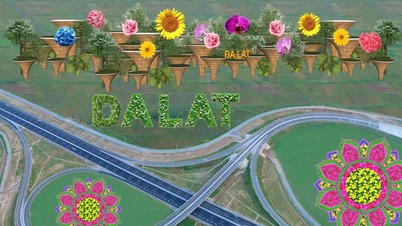





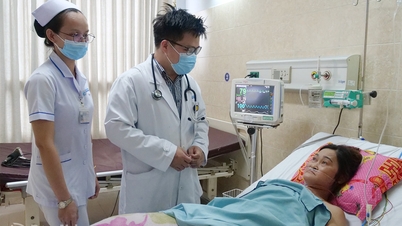






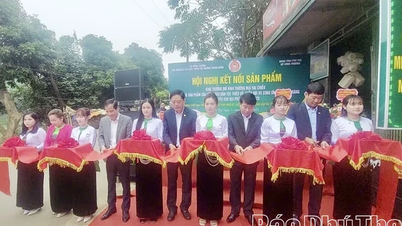


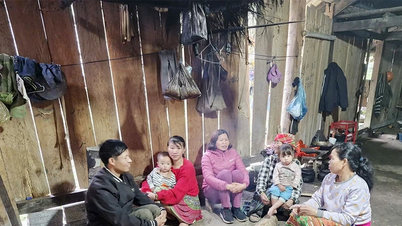
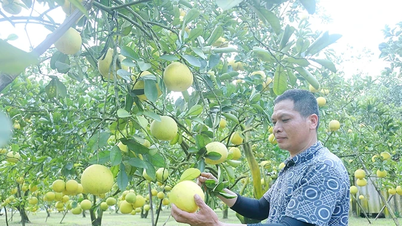





















































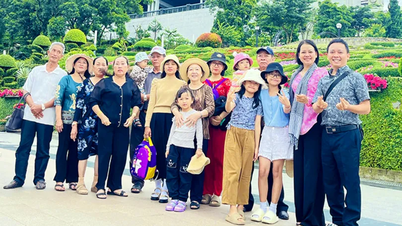


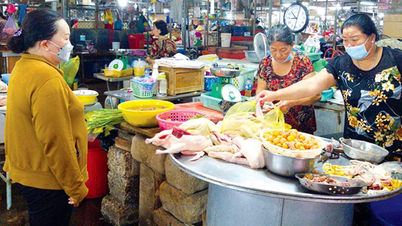


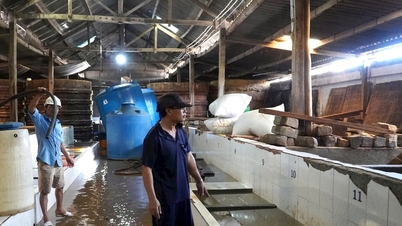











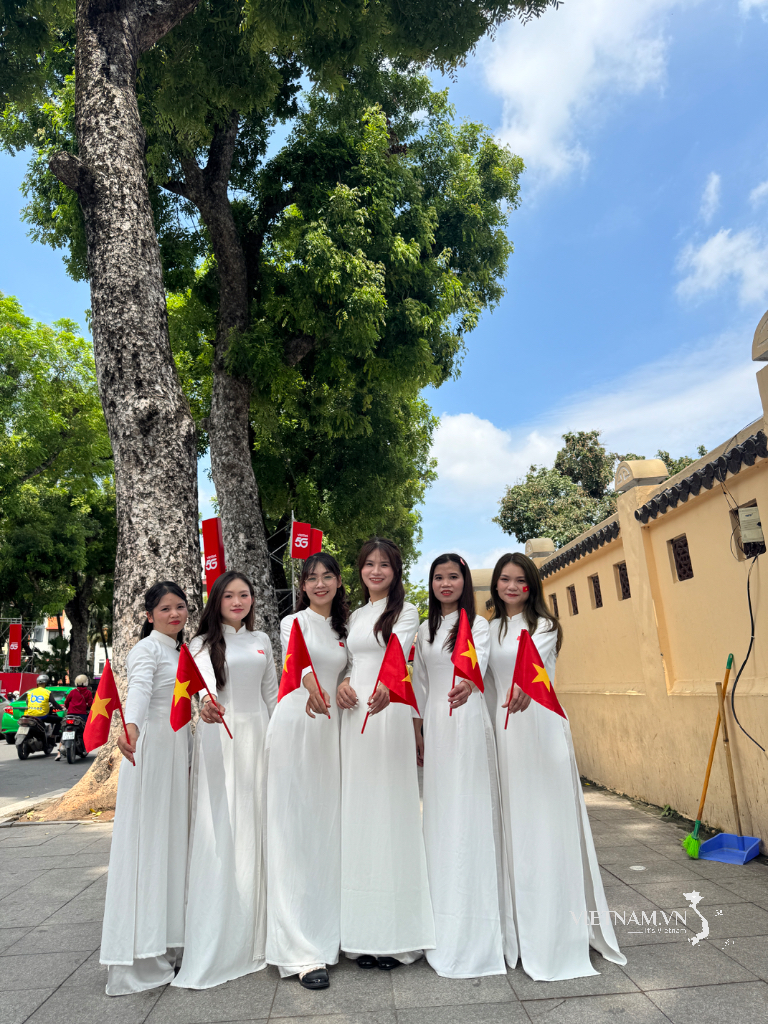

Comment (0)